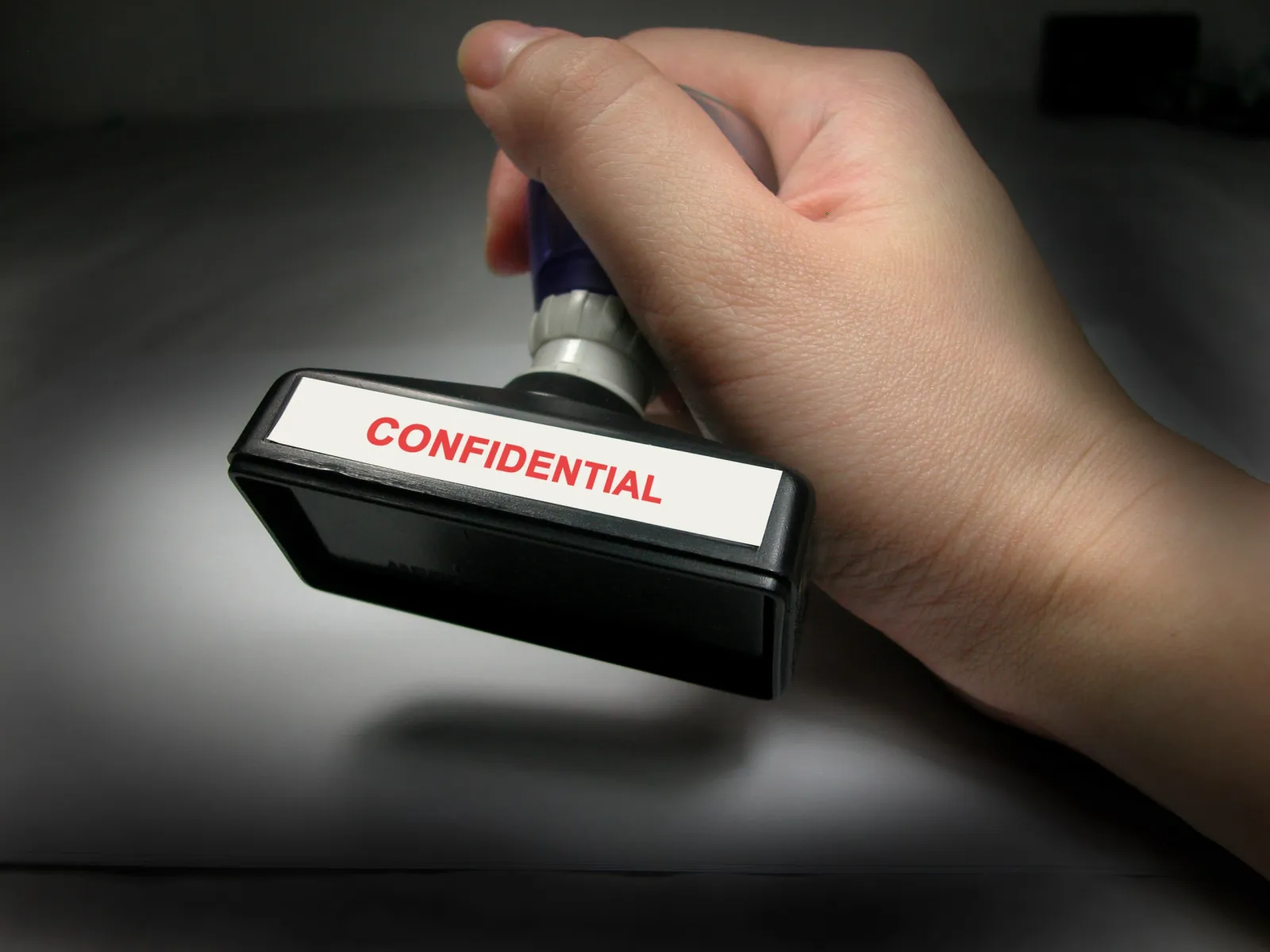When we
think of the term "too big to fail," we are generally thinking of
huge corporations. There's a reason for this, and the thing is, it doesn't
apply to just huge corporations. The reason people incorporate their business
is because it protects them from certain legal liabilities to keep them from
getting sued or going bankrupt. Once someone, or an ownership group,
incorporates their business, the largest financial liability that they can face
is an initial investment on the business. On the other hand, if an owner or
partnership doesn't incorporate, they could be liable for large amounts of
money charged against their business.
But this
isn't absolute. Today we'll be discussing what "piercing the corporate
veil" means, how to protect
your business, and asset
protection strategies that you can employ to make sure
that you, your business, and your money are protected.

Things to Know About Corporate Law
When discussing corporations and the laws that regulate them, you first want to have a grasp on what a corporation is. A question that comes up a lot is, "Is a corporation a separate legal entity?" The simple answer is yes. A corporation, sometimes referred to as a "legal person," has the same legal ability to enter contracts, make business deals, hire employees, engage in legal activity, and borrow money, but is separate from the person or persons who own it. A simple way to think of it is that a corporation has all the same rights as a person, but it is not a person. To become a corporation, you need clear, well-thought-out written documents generally prepared by a legal expert.
So, now that we have an idea of what a corporation is, we can dive into what it means to "pierce the corporate veil."
Piercing the Corporate Veil
Corporation law gives protection to owners and partnerships, but that isn't always the case. The exception to this rule happens when a corporation is sued by some entity, and in the lawsuit, it is made clear that the person or persons who own the corporation should be personally liable for the money at stake. A great example of this is if a corporation is sued for more money than it is worth, then the owner/owners would be liable to pay the remaining amount of the lawsuit.
This isn't exactly common, as corporate protections exist for a reason. However, if a plaintiff can make the case that a corporation acted inappropriately or didn't act within the boundaries of corporate law, a judge might decide to pierce the corporate veil and put the responsibility on the owners of a corporation.
You might see this happen when a corporation doesn't act as a separate entity. This could mean that the owner was co-mingling personal funds with corporate funds. An example of this could be when owners or ownership groups use corporate money to buy expensive items or go on lavish vacations (i.e., Enron).
Another
example could be if a corporation was making deals in bad faith, such as
agreeing to pay for things that they didn't have the money to pay for or
stating their company is worth more than it is (i.e., Enron).
How to Protect Your Assets
What is asset protection? Asset protection is a grouping of strategies that will protect your wealth and guard you against creditors, assuming you are operating your business in good faith.
The most
effective way to guard your assets and not be at risk of losing your money is
by acting in good faith and within the boundaries of corporate law. While this
is seemingly simple, the world of business and finance can get a bit tricky, so
follow these guidelines:
- Comply with formal rules while forming and maintaining
your LLC.
- Have a separate personal and corporate bank account.
- Don't use corporate money for your own personal use.
- Make sure you start with a good foundation or make sure
you invest enough at the beginning that you don't have to worry about
co-mingling assets in the future.
- Make it very clear that you are a corporation on any documentation, letterheads, business cards, etc.
If you need
an experienced attorney for the formation of a corporation or help with asset protection strategies,
please contact Krogh & Decker today.
